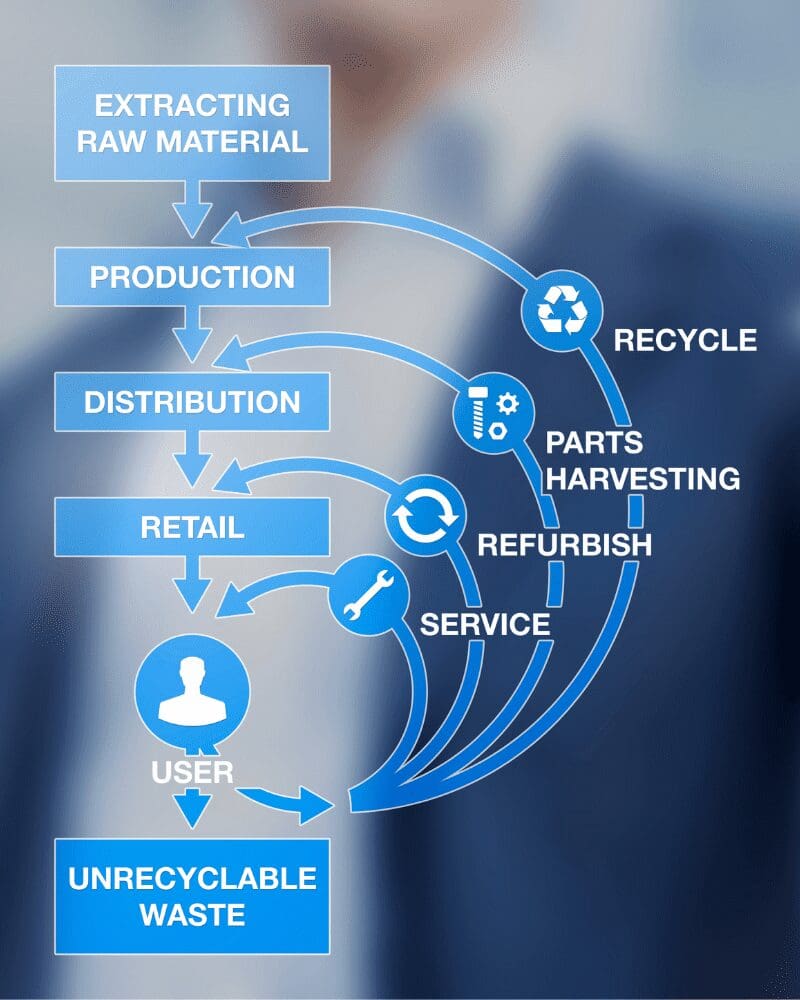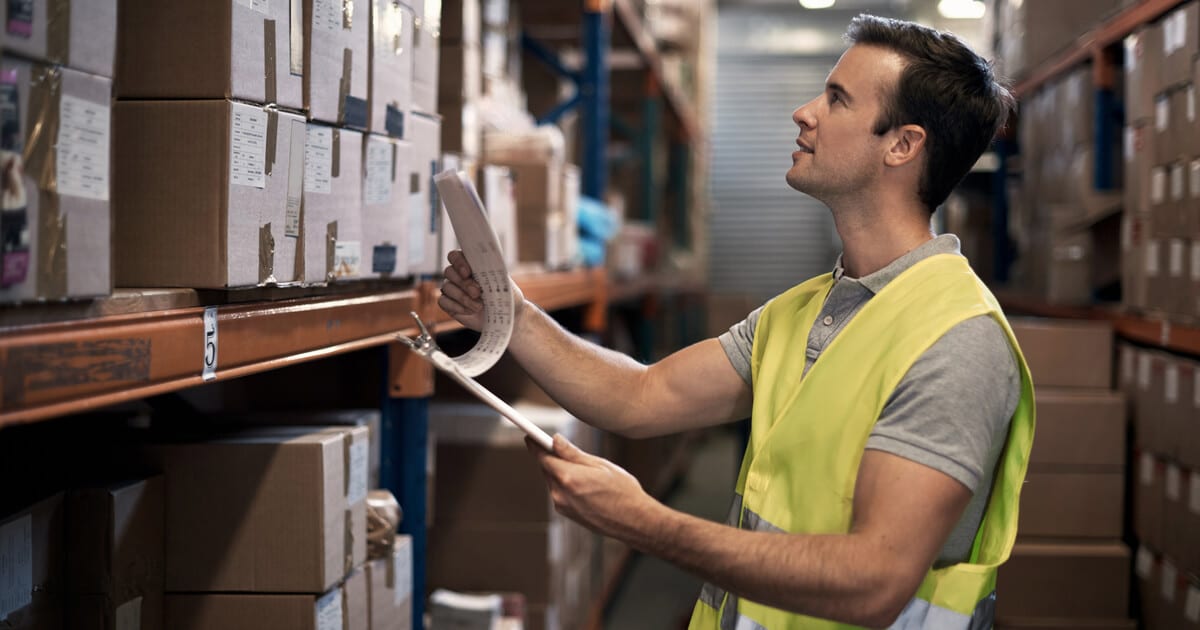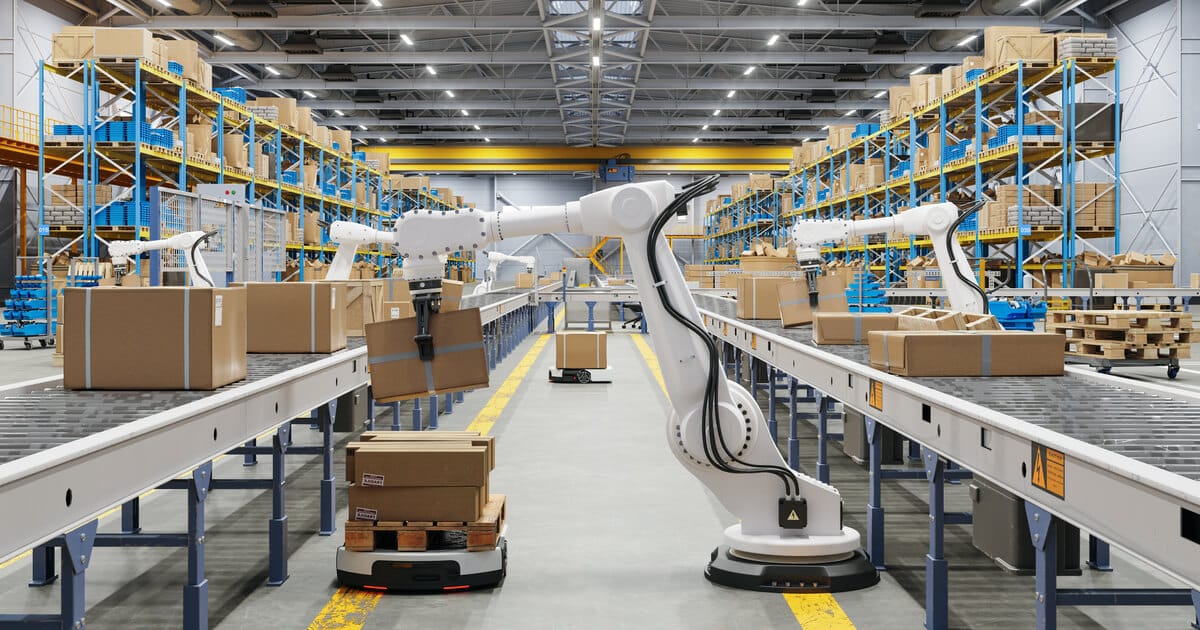
A Sustainable Approach for Modern Businesses
A circular economy is an economic model that emphasizes reusing, sharing, repairing, refurbishing, and recycling existing materials and products as long as possible. In this ‘closed loop’ system, the value of products, materials, and resources is maintained in the economy for as long as possible, and the generation of waste is minimized.
In contrast to the traditional ‘linear’ economic model, which operates on a ‘take-make-dispose’ principle, the circular economy is a sustainable alternative that helps conserve resources, reduce environmental impact, and create new business opportunities.
Why Companies Should Care
The move towards a circular economy is driven by multiple factors:
Sustainability and Corporate Social Responsibility (CSR): By reducing waste and resource consumption, companies can decrease their environmental footprint, contributing to global sustainability goals and improving their CSR standing.
Economic Opportunities: The circular economy can stimulate innovative business models and create new revenue streams, from product-as-a-service models to recycling and refurbishing initiatives.

Supply Chain Material Security: Extending supply chains to include secondary market suppliers provides economic and stock availability benefits, which can mean less operational downtime and higher profits.
Regulatory Compliance: Many governments are introducing regulations that promote circularity to combat environmental challenges, making it a regulatory imperative.
Consumer Demand: Increasingly, consumers are demanding sustainable products and practices from companies, making the circular economy a customer-centric approach.
Examples of the Circular Economy in Practice
Numerous companies across industries are successfully implementing circular economy principles:
Patagonia: The outdoor clothing brand Patagonia has established a program called “Worn Wear,” which encourages customers to trade in their used Patagonia clothing for store credit. The collected items are then cleaned, repaired, and resold, keeping them in use and out of the landfill.
IKEA: The furniture giant IKEA has launched a furniture buy-back and resell program, aiming to become a fully circular business by 2030.
HP: In the tech sector, HP offers a service model for its printing products where it retains ownership of the hardware while clients pay per use. This model incentivizes HP to build long-lasting, repairable machines, reducing waste and resource use.
Role of Digital Commerce in the Circular Economy
Digital commerce can play a significant role in promoting the circular economy:
Promoting Sustainable Products: Online platforms can prioritize and promote the visibility of sustainably produced or circular products, influencing consumer choice.
Facilitating Second-Hand Markets: Digital commerce can facilitate the sale of second-hand, refurbished, or recycled products, extending their lifecycle and reducing waste.
Marketplace Platform Models: The multi-vendor marketplace model is the ideal vehicle to facilitate a secondary market ecosystem with an active user community.
Product-as-a-Service Models: Ecommerce platforms can enable and simplify product-as-a-service models, where consumers pay for the service a product provides rather than the product itself.
Supply Chain Transparency & Material Security: By using digital technologies, companies can provide greater transparency in their supply chains while extending available options to secondary markets and marketplaces, proving the sustainability of their products while adding circular practices to their own procurement habits.
Circular Platform Strategy and a Multi-Client Study
The circular economy represents a sustainable, innovative, and economically viable model for businesses in the 21st century. Digital commerce, with its wide reach and flexibility, can be a powerful force when promoting and implementing circular principles, contributing to a more sustainable and resource-efficient approach to business. A natural way for digital commerce to enter the circular economy picture is via a circular platform. Just like every company needs a marketplace strategy, every company will soon need a circular platform strategy.
McFadyen Digital is currently seeking participants for a Circular Platform Multi-Client Study where organizations participate in a collaborative research study to gain relevant and actionable strategic direction towards accomplishing sustainability and material security goals. This custom research provides invaluable actionable intelligence about how platforms can deliver business value and sustainability at the same time. To learn more, visit mcfadyen.com/go-full-circle.
If you have any questions about this topic or would like to explore how your business can participate in the circular economy, please reach out to us at strategy@mcfadyen.com and one of our experts will reply to help address your needs.
Related Articles
Turn Insight Into Impact.
Start Today.




